By now you should have a grasp on what keywords are when discussing SEO, especially after reading our recent blog. If you have done your research, you might be asking if questions or statements (typically just a series of keywords) are better for ranking purposes. The bad news is that like anything with SEO, the answer isn’t a simple one. The good news, though, is that you really can’t go wrong either way if you’re optimizing correctly. Here’s what we mean by that.
…

Read more



